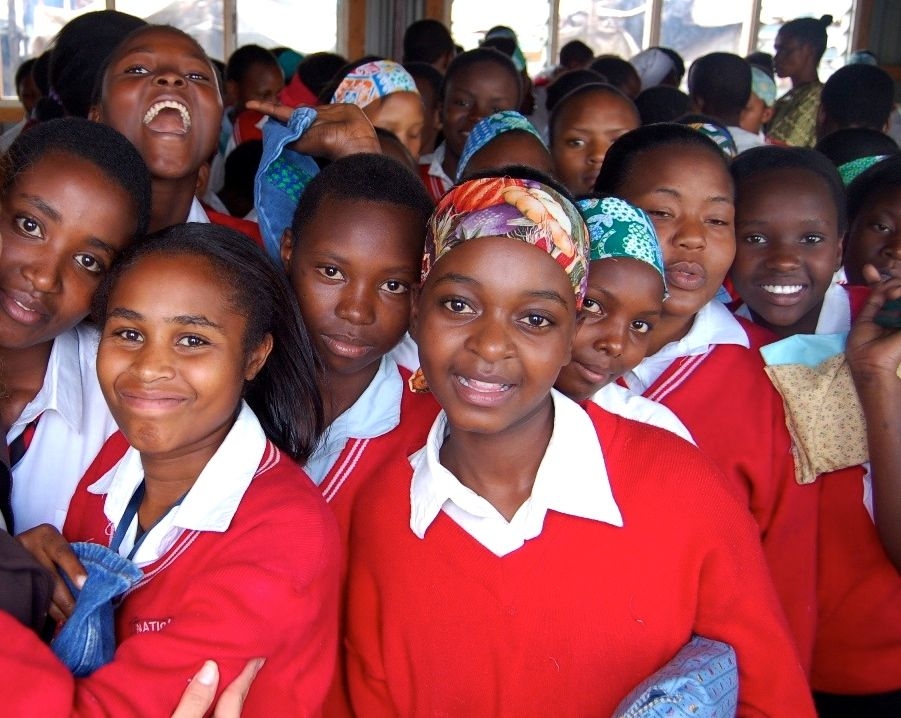In Southern Africa, as in many parts of Africa, menstruation, which should be a sign of transition into womanhood, poses a threat to young girls’ development. Because menstruation is regarded as a taboo, and the cost of sanitary wear and towels is beyond the reach of many, young women and girls are forced to suffer the consequences of lack of access to sanitary wear: missed school days, humiliation and using absorbent materials that can compromise their own health.
Statistics show that one in ten adolescent girls miss school and eventually drop out due to menstruation-related issues. Within four years of high school, the same girl losses 156 learning days, equivalent to almost 24 weeks of learning.
Katswe, through the Pepeta Africa network of young women SRHR activists, is stepping up efforts to lobby parliamentarians in the Southern Africa region to put in place measures that promote access to free sanitary wear.
With support from Hivos Southern Africa’s sexual reproductive health and rights (SRHR) fund, Katswe launched the #HappyFlow Campaign to push countries in Southern Africa Development Community (SADC) to recognise menstrual hygiene products as a basic need, which should be provided for free.
Katswe will escalate the issue of free access to menstrual wear at the SADC Parliamentarians Forum, which be held in Zimbabwe from 3 to 15 November, 2016. The aim is to bring the issue of girls’ menstruation to the attention of lawmakers in the region.
The following are the key objectives of targeting the lawmakers:
- Create an understanding that the menstrual cycle is a natural experience for any woman and girl, which cannot be wished away, and should not prevent them from pursuing their education
- Make it compulsory for schools to offer quality free sanitary wear to their female students
- Stop taxing sanitary wear
According to Katswe, access to clean sanitation facilities and affordable/free menstrual supplies is fundamental to women and girls living a life of dignity and enjoying their human rights.
It is anticipated that lobbying SADC lawmakers will enable them to promote girls’ ability to access their other rights. The time is now for SADC to prioritise girls’ education and wellness through the provision of free sanitary wear in schools and in public areas.
Katswe Sistahood is a movement of dynamic young women fighting for the full attainment of Sexual & Reproductive Health & Rights (SRHR) by women in Zimbabwe and in the region. Funding for the Hivos Southern Africa managed SRHR programme is provided by Ford Foundation.
Hivos believes that all women and girls should have control over their lives and be able to actively participate in social, political and economic spheres, so we work tirelessly with various human rights instruments in support of communities’ and countries’ efforts towards gender equality.




